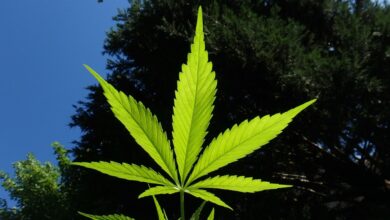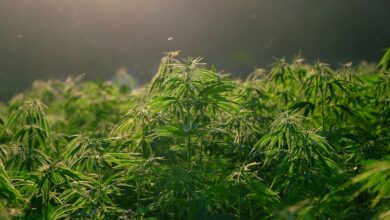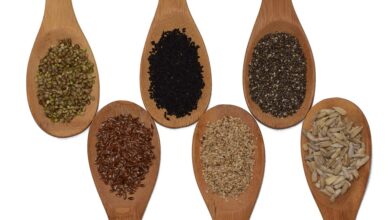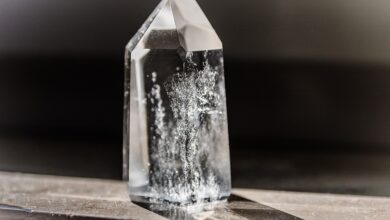The Growing Popularity of Hemp: Benefits and Uses

Hemp has been gaining popularity in recent years for its numerous benefits and uses. From textiles and paper to food and wellness products, hemp has become a versatile and sustainable resource. As the demand for eco-friendly and organic products continues to rise, so does the interest in hemp and its potential.
Hemp, also known as industrial hemp, is a variety of the Cannabis sativa plant species that is grown specifically for industrial use. Unlike its cousin marijuana, hemp contains very low levels of THC, the psychoactive compound that produces a “high” when consumed. This makes hemp a legally safe and viable option for various industries.
Benefits of Hemp
There are many benefits of using hemp as a resource. Firstly, hemp is a fast-growing and versatile crop that requires minimal water and can be grown in a wide range of climates. This makes it an ideal alternative to traditional crops that may require more resources to grow. Additionally, hemp is naturally resistant to pests, meaning that it does not require harmful pesticides or herbicides for its cultivation.
In terms of environmental benefits, hemp is also a carbon-negative crop, meaning that it absorbs more carbon dioxide from the atmosphere than it produces. This makes it an excellent option for farmers who are looking to reduce their carbon footprint and contribute to sustainable agriculture.
Hemp is also a highly renewable resource. It can be used to produce a wide range of products, including paper, textiles, biodegradable plastics, building materials, and biofuels. This versatility makes it a valuable resource for industries looking to reduce their reliance on non-renewable resources.
Uses of Hemp
Hemp has a wide range of uses across various industries. Textiles and clothing made from hemp are known for their durability and breathability. Hemp fiber is also used in the production of paper, as it requires less processing than traditional wood pulp and produces a higher-quality end product.
In the food industry, hemp seeds and oil are becoming increasingly popular due to their nutritional benefits. Hemp seeds are a rich source of protein, Omega-3 and Omega-6 fatty acids, and other essential nutrients. They can be used in a variety of recipes, including smoothies, salads, and baked goods. Hemp oil, which is extracted from the seeds, is also used in cooking and as a supplement for its health benefits.
Hemp is also used in the wellness and personal care industry. Hemp oil is known for its moisturizing and anti-inflammatory properties, making it a popular ingredient in skincare and body care products. It can also be used to create natural and eco-friendly alternatives to conventional beauty products.
FAQs about Hemp
Q: Is hemp the same as marijuana?
A: While hemp and marijuana are both varieties of the Cannabis sativa plant, they are distinct in their chemical composition and uses. Hemp contains very low levels of THC, the psychoactive compound in marijuana, making it safe and legal for industrial use.
Q: Is it legal to grow hemp?
A: The legal status of hemp cultivation varies by country and region. In many places, hemp cultivation is legal as long as the THC levels are below a certain threshold. Before considering hemp cultivation, it is important to research and understand the laws and regulations in your area.
Q: What are the environmental benefits of hemp?
A: Hemp is a carbon-negative crop, meaning that it absorbs more carbon dioxide from the atmosphere than it produces. It also requires minimal water and is naturally resistant to pests, making it an excellent option for sustainable agriculture.
Q: What products are made from hemp?
A: Hemp can be used to produce a wide range of products, including textiles, paper, biodegradable plastics, building materials, food, supplements, and wellness products.
Q: What are the nutritional benefits of hemp seeds and oil?
A: Hemp seeds are a rich source of protein, Omega-3 and Omega-6 fatty acids, and other essential nutrients. Hemp oil is also packed with nutrients and is known for its moisturizing and anti-inflammatory properties.
In conclusion, the growing popularity of hemp is driven by its numerous benefits and uses. From its environmental advantages to its versatility across industries, hemp is proving to be a valuable resource for a sustainable and eco-friendly future. As more consumers and businesses seek out natural and renewable alternatives, the demand for hemp products is likely to continue growing. With its potential to contribute to a more sustainable and eco-friendly world, hemp is poised to become an integral part of various industries in the years to come.
[ad_2]




